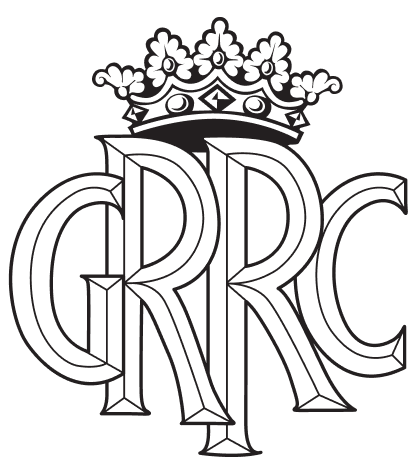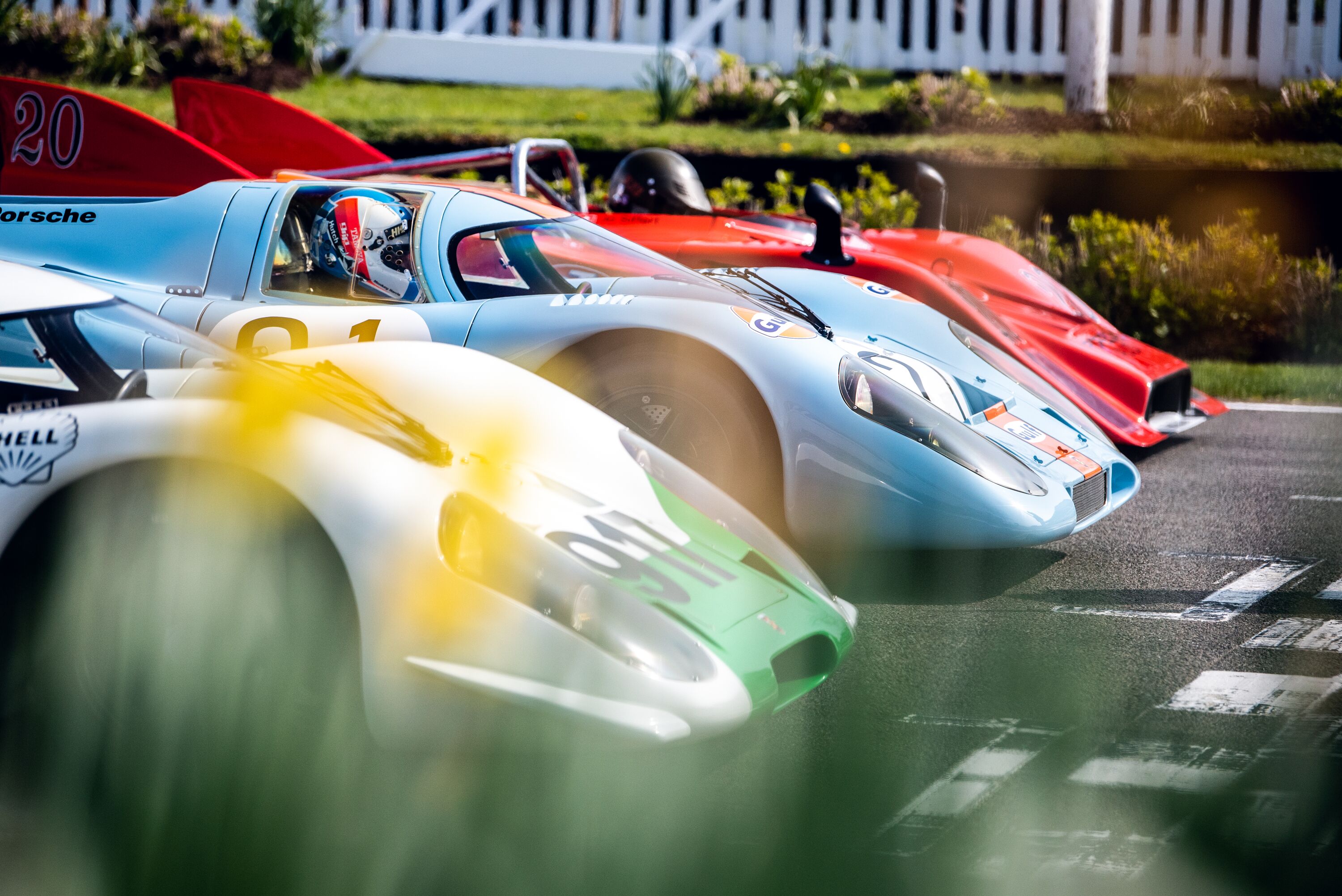Making a replica out of a Mercedes 300 SL – beauty or heresy?
Replicas based on MX-5 or MR2 chassis are all the rage at the moment – they often become anything from a Porsche 911 to a Ferrari 250 SWB. But where do you start if you are desperate to make a replica of a racing Mercedes-Benz 300 SLS? How about a standard 300 SL?

That was the dilemma that faced German entrepreneur George Distier in 1986. Munich-based Distier was desperate to take part in the famous cross-America tussle known as the Carrera Panamericana, but rather than just buying a classic and having a go, Distier's target was recreating the incredible image of a 300 SLS crossing the continent as they had done in the 1950s – and reviving the memory of his hero Paul O'Shea.
America O'Shea, who in his '50s heyday raced alongside the likes of Phil Hill, Dick Thompson, Zora Arkus Duntov, Augie Pabst, and Pedro Rodriguez, built two 300 SLS racers, using road-going 300 SLs and a little help from Mercedes-Benz. O'Shea's stunning work changed the beautiful GTs that were the road cars into lightweight racing heroes, even stripping a whopping 330kg from one by creating a bespoke aluminium body. O'Shea would campaign his racers in 22 separate events, breaking into the highest placings 18 times, before Mercedes-Benz withdrew from US motorsport, citing high costs.
Before O'Shea began competing in his specially-built 300 SLS pair, Mercedes-Benz had used the famous cross-continent rally to showcase their return to motorsport in 1952. Fielding a fleet of three (300 SL-based) W194 works racers, the German giants completed the 2,000-mile course, regarded as one of the toughest in the world, at an average speed of 102mph in the hands of Karl Kling and Hans Klenk, completing an historic victory.
So, decades later, Distler planned to rekindle the memories of both O'Shea and those famous W194s. He teamed up with Albrecht Lorenz (often referred to as "the godfather of the 300 SL") to target a return to the famous race with a replica of one of O'Shea's titanic racers. For a base, Distler turned to his road-going 300 SL, not only viewing it as the perfect base for a 300 SL but fulfilling his goal to recreate O'Shea's lightweight car with exacting detail.
The pair enlisted the help of the design geniuses at Zagato for help copying the aluminium body to meticulous standard, having retrieved the original plans for O'Shea's car from the Mercedes archives in Stuttgart. With the help of HK Engineering, the mammoth project was completed in two years, ready for the car to line up for the start of the 1997 Carrera Panamericana, with Distler at the wheel.
Evoking memories of the maverik racers of the '50s Distler raced with no support crew, and no backup vehicles, entering the event alone as a private entrant. Whether this was brave or foolhardy is up for debate, but after 3,500km and seven days of the ultimate in motorsport pleasure and pain Distler had won his class and finished 11th overall – despite incurring a five-minute time penalty for not having a second roll-bar for a co-driver (who he didn't have anyway).
Since then the car has gone on to compete in some of the world's finest historic racing events, and today (February 7) is expected to fetch up to €1.2million (£1million) at the Bonhams Les Grandes Marques De Monde sale at the Grand Palais in Paris.
Which only leaves us with one question. Is taking a 300 SL, gutting it and turning it into a recreation of an iconic racing thoroughbred to reach the culmination of a long-held dream heresy? Or is it actually a beautiful continuation of a car's life? You may think differently but we can't help but feel that this 300 SL has lived more of a life as a racing 300 SLS than it might have done otherwise. Realising one man's dream and becoming a legend in its own right. Surely those ends justify the means?
Photography by Tom Shaxson.
Retromobile
Retromobile 2018
Mercedes-Benz
Panamericana
300 sl


















